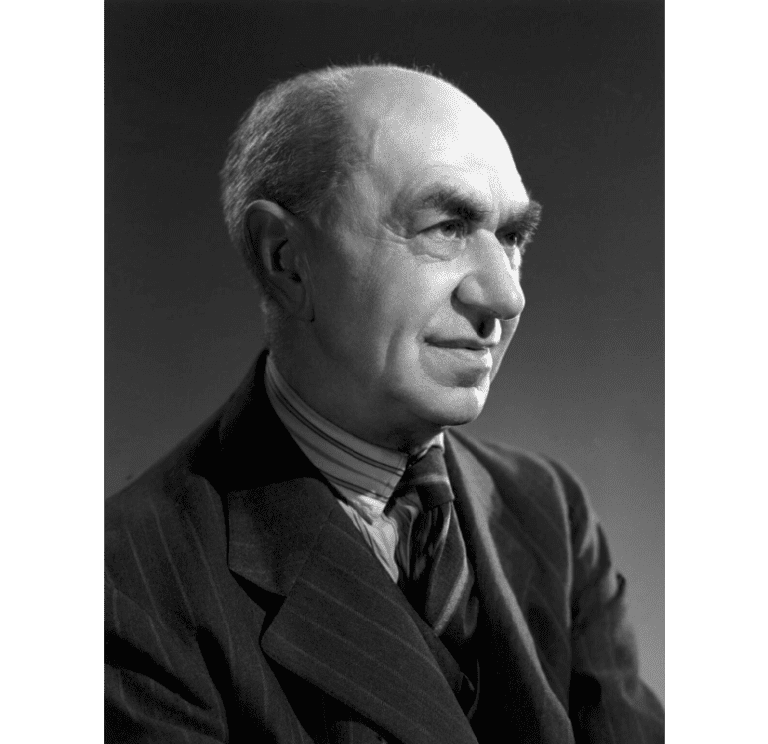Over a hundred years ago, Cambridge psychologist F. C. Bartlett conducted an experiment that changed the trajectory of memory studies and yet is largely ignored by Christian interpreters of the Bible.
Bartlett had educated British participants read a Native American folktale called “War of the Ghosts.” To the research subjects, the story was not only unfamiliar; it sounded bizarre. Bartlett wanted to test what happened when these Western readers attempted to recount the tale. His results have significant implications for serious readers of Scripture.
How We Change Stories
Bartlett found that participants consistently altered the folktale in predictable ways.
First, they tended to omit details perceived to be “irrelevant.” [1] However, he reminds us,
“what does appear fitting, or in place, is determined by social environment and training, as well as by individual temperament and education” (Bartlett, 1917).
The story’s central emphasis was hidden from view because the story appeared “haphazard” to a modern Western reader. Bartlett notes several distortions that arise when his study participants attempt to reproduce the story into writing. For example, he says,
“In every one of the series of reproductions all mention of ghosts drops out almost immediately, and this in spite of the fact that ghosts appear in the original title” (Bartlett, 1917).
Second, readers transform what they find “unfamiliar.” In this way, the participants do not omit the information but preserve it. Thus, “canoes” become “boats,” “paddling” is changed to “rowing,” etc.
Third, images or turns-of-phrase that seem “unpleasant” are omitted. These omissions include facets of speech that didn’t fit conventional ways of thinking or speaking. Interestingly, Bartlett explains how even omitted details still exert a hidden influence on how participants recalled the story and understood its meaning.
Implications for Biblical Interpretation
Over the past century, hosts of scholars have expanded on these findings to identify ways that we all tend to distort or adapt stories and information to conform with cultural “schema” or “scripts.” These terms refer to our mental models and theories, which form our expectations and inform our interpretation of everything around us.
Consider the importance of such research for those of us who read and teach the Bible. Time and again, experiments show how readers’ expectations and “cultural schemas” cause them/us to alter the details, facts, and logic found in the stories.
Think back on the number of times you have said something like, “I have read this text a thousand times, yet I’ve never seen that before.” I’ve heard similar comments numerous times from people after they begin “reading Romans with Eastern eyes.”
Our memories are “theory-laden” and create biases in our minds when we interpret and recall information in stories.[2] Accordingly, we simply don’t see what’s there, plain as day, in the text. Or we add logic that we assume is implicit within the text but, in fact, merely conforms to our prior theological beliefs and paradigms. Likewise, we misremember or adapt details that seem trivial to us but wind up carrying a load full of meaning.
Furthermore, imagine the impact of those whom we serve through teaching. Just as we are susceptible to these problems, so also our congregation, students, and friends. They might not be stubborn but merely confused. What we say might sound haphazard because the information seems irrelevant, unfamiliar, and/or unpleasant (in the sense that Bartlett speaks above).
Once again, we must face the reality that contextualization begins biblical interpretation. We do not interpret the Bible and only then contextualize its message.
A Warning and Suggestion
Much more could be and has been said about how we should respond and improve our reading of Scripture. For now, I’ll note two ideas that stand out to me as I read Bartlett.
1. Moralizing
The more Bartlett’s study participants reconstructed the story from memory, the more they tended to moralize the story. Their accounts evolved after enough details were omitted, adapted, or added unwittingly. Such moralizing did not reflect at all the original plot and meaning of the story to its near-context hearers.
This moralizing tendency should remind us of much contemporary Christian preaching and writing. How far might we be straying from the Bible’s actual Story because we are not attentive to our cognitive biases and the way that culture affects how we interpret Scripture?
2. Pay extra attention to details
Bartlett states,
“Very often details which appear to be trivial to any persons not engaged in the reproductions, are really far from trivial to those who have produced the versions in question.” (Bartlett, 1917)
This problem is often apparent when comparing translations with their Hebrew/Greek sources. Still, we all fall prey to this problem. I’ll explain with an example.
Guess what happens when Old Testament scholars read several of the following words in proximity: heart, law, spirit, flesh, obey, circumcision. Their minds are immediately triggered to recall the new covenant, mainly expressed in Jeremiah 31:31-34, Ezekiel 36:26-27 (cf. Ezek 11:18-20), each building on texts like Deuteronomy 30.
These words, especially when clustered together in the New Testament, form a mental hyperlink to those Old Testament texts. This understanding affects how we read various passages, including Romans 2, which often gets misread when one’s interpretation overlooks Paul’s allusion to the New Covenant and its fulfillment among the Gentiles. (I dive into this more in RRwEE).
Some people who claim to be “people of the Bible” might get defensive at the ideas shared in this post. However, a love for God’s word demands that we be humble enough to recognize our limits and invite the global and historical church to shape our reflections.
[1] Noteworthy publications include Frederic Bartlett, Remembering: A Study in Experimental and Social Psychology (Cambridge University Press; Cambridge, 1932); “Some Experiments on the Reproduction of Folk-Stories.” Folklore 31, no. 1 (Mar. 30, 1920), pp. 30-47.
[2] Hirt, E. R., McDonald, H. E., and Markman, K. D. “Expectancy Effects in Reconstructive Memory: When the past is just what we expected.” Pages 62-89 in Truth in Memory. Edited by S. J. Lynn and K. M. McConkey. The Guilford Press, 1998.













